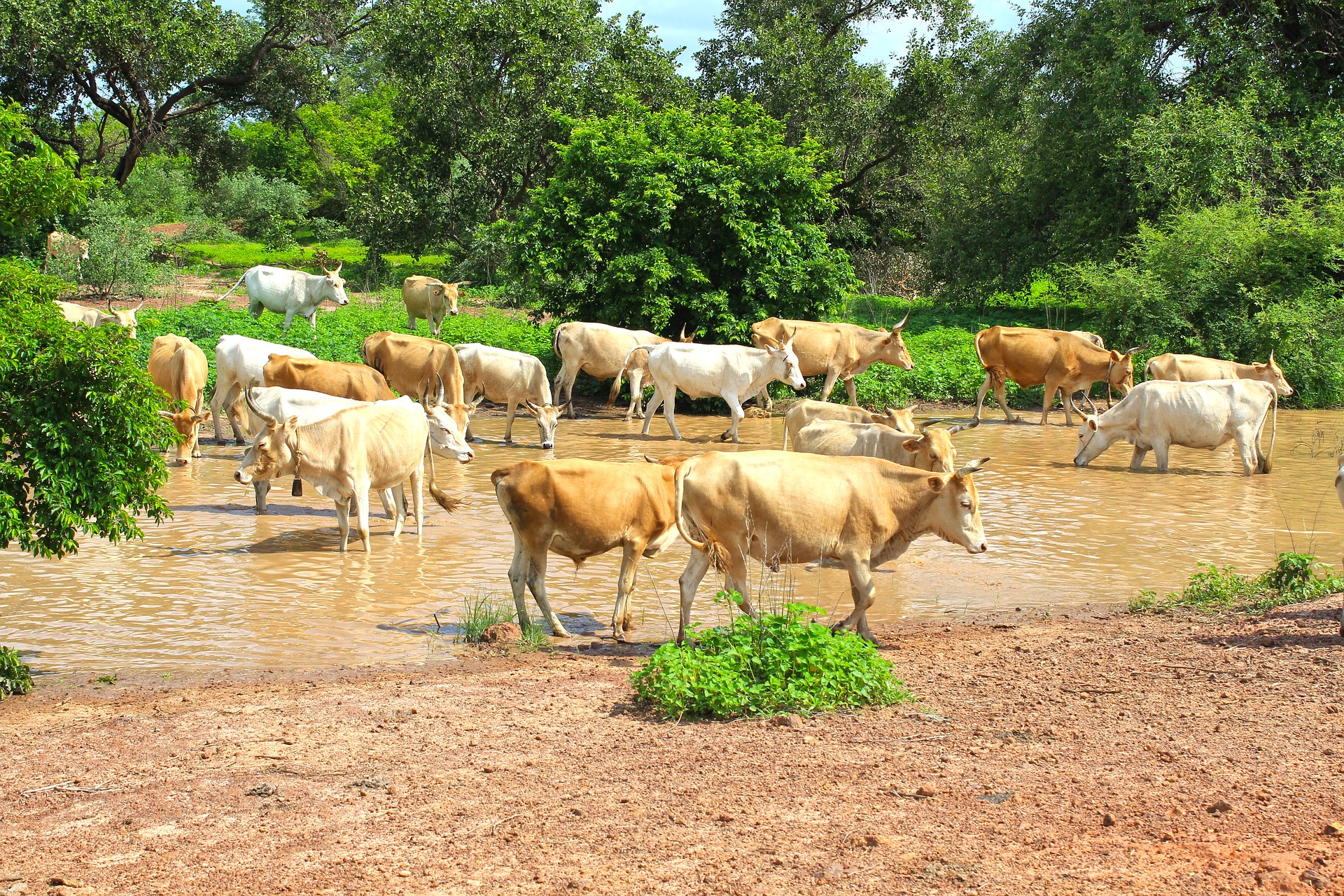In the Gambia, Building Resilience to a Changing Climate
Published: February 6, 2018
UN Environment will implement the largest natural resource development project in the history of The Gambia to help the West African nation tackle climate change impacts and restore degraded forests, farmland and coastal zones.
Funded by a $20.5 million Green Climate Fund (GCF) grant and $5 million from the Government of the Gambia, the “Large-scale Ecosystem-based Adaptation Project in The Gambia” (EbA) was launched in January in the capital Banjul.
“This project is the single-largest natural resource development project ever launched in the history of the development of this country and funded by the GCF”, Lamin Dibba, The Gambia’s Minister of Environment, Climate Change and Natural Resources, told fellow ministers, representatives from the UN and GCF and other stakeholders present at the launch.
Minister Dibba said the project was designed to build the climate resilience of Gambian people made increasingly vulnerable by a loss of soil fertility and agricultural productivity due to environmental degradation, more frequent and severe droughts and rising sea levels.
“The livelihoods of [the] majority of rural Gambians are eroding as a result of the degrading environment and the country’s dwindling natural resource base, on which most of these communities depend for their survival,” he said.
“The EbA project shall rehabilitate up to 10,000 hectares of degraded forest and wildlife parks through reforestation, enrichment planting, conservation of rare or endangered species as well as the restoration of 3,000 hectares of abandoned and marginal agricultural lands”, he added.
The six-year project should directly benefit up to 11,550 Gambian households and potentially reach a further 46,200 households indirectly. The beneficiaries will be spread across four target regions lying along The Gambia River in a small country of seven regions, and over half of them will be women.

